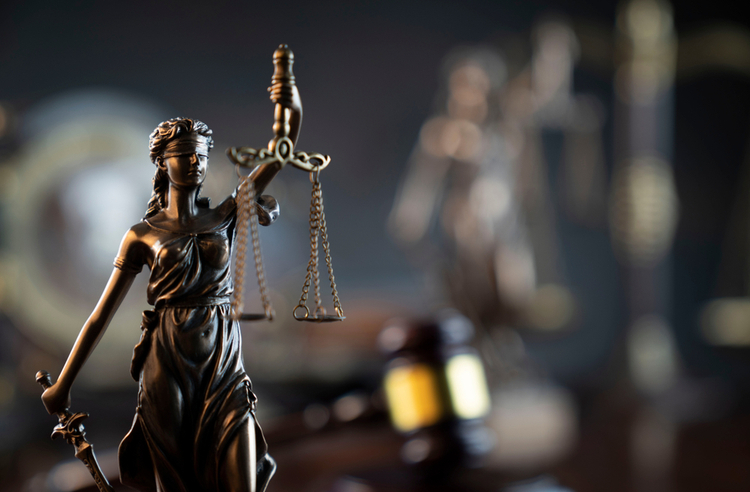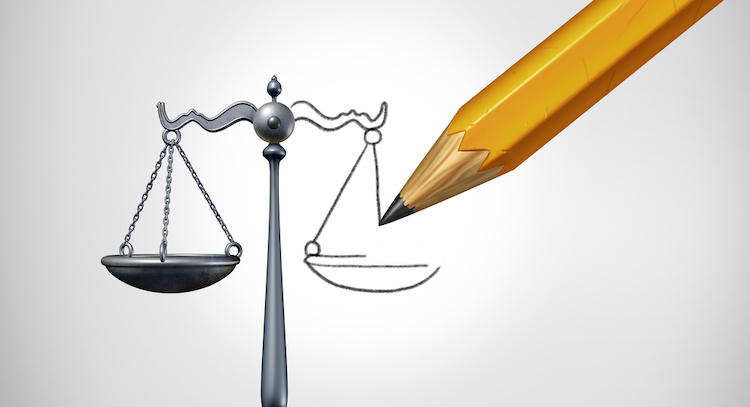Washington Supreme Court sunsets limited license program for nonlawyers

Image from Shutterstock.com.
The Washington Supreme Court will "sunset” the state’s Limited License Legal Technicians program that has permitted nonlawyers to perform some legal tasks within family law.
The court’s 7-2 vote last Thursday to prohibit anyone not already in the LLLT pipeline to pursue the license comes just eight years after the court approved the creation of the first such legal license for nonlawyers in the country. Several other states have since approved—or have considered approving—similar programs.
Washington’s high court formally announced its decision in a letter Chief Justice Debra L. Stephens delivered late Friday to Washington State Bar Association leaders and the head of the LLLT Board. Despite delivering the news, Stephens was one of the two dissenters, alongside Justice Barbara A. Madsen, who was the chief justice when the court approved the LLLT program in 2012.
“The program was an innovative attempt to increase access to legal services,” Stephens wrote in her letter. “However, after careful consideration of the overall costs of sustaining the program and the small number of interested individuals, a majority of the court determined that the LLLT program is not an effective way to meet these needs and voted to sunset the program.”
The first LLLTs were licensed in 2015, but as of last month there were fewer than 40 active technicians. The Washington bar also reported to the court in May that the bar’s direct and indirect costs for administering the license had exceeded the revenues it had generated by nearly $1.4 million.
The state bar’s board had urged the court during a May meeting to consider a possible sunsetting of the program, highlighting that the court’s order approving the LLLT program expressed an expectation it would be self-sustaining.
A business plan the LLLT board submitted to the court this spring indicated it believed the program could generate enough revenue to cover the state bar’s direct expenses for administering the program by 2022 and cover all costs by 2029.
The plan was contingent on the court approving new practice areas for inclusion—as had been contemplated when the program was created—and reducing some of the requirements to become a LLLT. Stephens wrote in her Friday letter that the LLLT board’s proposed practice areas expansion and rules revisions had been rejected.
In her written dissent, Madsen called the financial criticism of the LLLT program “hollow” and said the court’s decision effectuated “the elimination of an independent legal license.”
“What’s more, the court did so at a single meeting, without question or comment from LLLT license holders, legal practitioners, or the public at large,” Madsen wrote. “What took over a decade of toil to create, this court erased in an afternoon.”
She added, “In no other professional area would a regulated license be so summarily erased with so little thought given to those who will be most affected.”
Stephens wrote in her letter announcing the news that LLLTs in good standing may remain licensed and continue to provide services.
“Individuals already in the pipeline as of June 4, 2020, who can complete all the requirements to be licensed as a LLLT by July 31, 2021, may do so,” she wrote. “No new LLLTs will be admitted after that date.”
Steve Crossland, chair of the LLLT Board, said Monday he was not surprised by the court’s action given the resistance to the program from the state bar and some on the court.
“I think it is turf protection, and they are using budgetary analysis to justify their turf protection,” Crossland said in an interview.
Crossland also said his board is brainstorming ways the program could be maintained, including through potential litigation on antitrust grounds.
“When the actors—the bar association and the supreme court—are depriving citizens from services they need, that seems like a restraint of trade to me,” he said.
WSBA President Rajeev Majumdar said that immediately after being informed by the court about its decision, he and WSBA Interim Executive Director Terra Nevitt assured current LLLTs via email that “they will remain members of the bar with standing rights and privileges.”
“The court’s decision was no doubt very difficult to make, and we do not believe it lessens our commitment to finding innovative ways to close the gap between the many Washingtonians who need legal services and their ability to find accessible, affordable help—we are constantly evaluating how to convene and support our state’s Access to Justice network in ways that make the most impact for the most people,” Majumdar said in a statement released Monday. “While this pathway did not reach the results originally intended, we hope this will allow us to devote resources to exploring other avenues of improving access to the justice system in Washington.”
Meanwhile, the court’s decision to sunset the license comes amid an ongoing evaluation of the program by the National Center for State Courts.
A previous review of the LLLT program by the national center and the American Bar Foundation found it was “appropriately designed to provide legal services to those who cannot afford a lawyer but still wish or need assistance.”
See also:
ABA Journal: “Despite kinks in program, nonlawyers successfully providing some legal services in Washington state”



